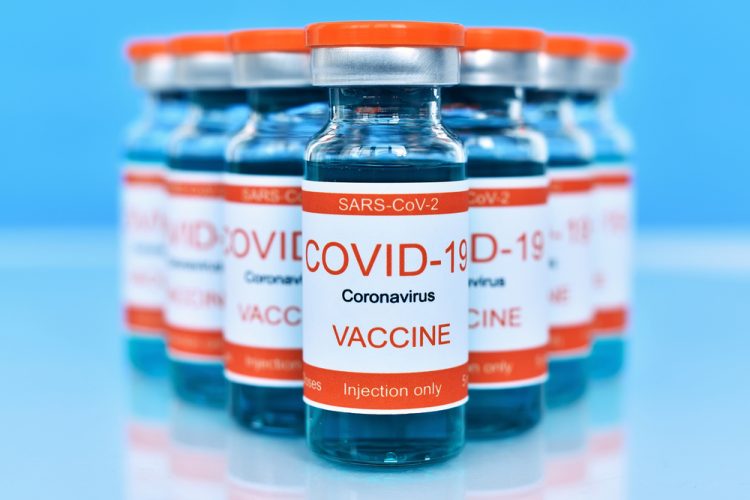Moderna’s COVID-19 vaccine 93 percent effective in adolescents
Posted: 27 May 2021 | Hannah Balfour (European Pharmaceutical Review) | No comments yet
New Phase II/III study data shows Moderna’s COVID-19 vaccine is safe and immunogenic in patients aged 12 to less than 18 years old.


In a Phase II/III study evaluating the immunogenicity of Moderna’s messenger RNA (mRNA) vaccine, mRNA-1273, in adolescents there were no cases of COVID-19 observed in participants who had received two doses of the vaccine. Additionally, a vaccine efficacy of 93 percent in seronegative participants was observed starting 14 days after the first dose.
This trial, known as the TeenCOVE study (NCT04649151), enrolled more than 3,700 participants ages 12 to less than 18 years in the US. The company plans to submit these data to regulators globally in early June.
“We are encouraged that mRNA-1273 was highly effective at preventing COVID-19 in adolescents. It is particularly exciting to see that the Moderna COVID-19 vaccine can prevent SARS-CoV-2 infection,” said Stéphane Bancel, Chief Executive Officer of Moderna. “We will submit these results to the US [Food and Drug Administration] FDA and regulators globally in early June and request authorisation. We remain committed to doing our part to help end the COVID-19 pandemic.”
In this Phase II/III study, 3,732 adolescent participants ages 12 to less than 18 years were enrolled and randomised 2:1 to receive either two 100µg doses of mRNA-1273 or placebo. The primary endpoint of the study was non-inferior immunogenicity compared to the Phase III adult study comparator group and this was met. After two doses, no cases of COVID-19 were observed in the vaccine group using the case definition from the adult Phase III COVE study, compared to four cases in the placebo group, resulting in a vaccine efficacy of 100 percent starting 14 days after the second dose. Because the incidence rate of COVID-19 is lower in adolescents, a secondary case definition based on the US Centers for Disease Control and Prevention (CDC) definition of COVID-19 was also evaluated to include cases presenting with milder symptoms. Using the CDC definition, which requires only one COVID-19 symptom and a nasopharyngeal (NP) swab or saliva sample positive for SARS-CoV-2 by RT-PCR, a vaccine efficacy of 93 percent after the first dose was observed.
mRNA-1273 was generally well tolerated with a safety and tolerability profile generally consistent with the Phase III COVE study in adults. No significant safety concerns have been identified to date. The majority of adverse events were mild or moderate in severity. The most common solicited local adverse event was injection site pain and the most common solicited systemic adverse events after the second dose of mRNA-1273 were headache, fatigue, myalgia and chills.
Safety data continues to accrue and the study continues to be monitored by an independent safety monitoring committee. All participants will be monitored for 12 months after their second injection to assess long-term protection and safety.
Related topics
Biologics, Clinical Trials, Drug Development, Drug Safety, Immunisation, Research & Development (R&D), Vaccines, Viruses









